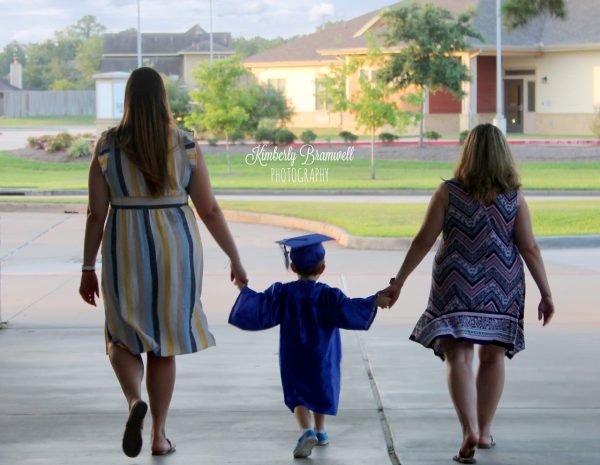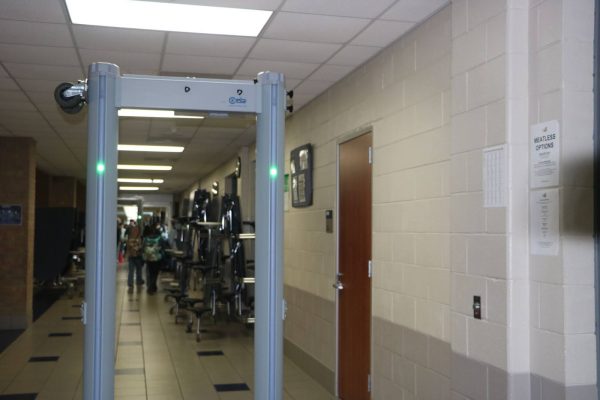So You Want To Go To Harvard

“Harvard University – Eliot House” by roger4336 is licensed under CC BY-SA 2.0
Harvard University, the country’s most prestigious school, is opening its doors just a little. With a 4% acceptance rate, most inspiring scholars agree Harvard is the place to be for higher education. However, for many aspiring students from low-income families, the thought of going to Harvard is far gone.
In hopes of broadening the number of applicants, Harvard has initiated an affordability promise to future students.
“Our goal is to bring the most promising students to Harvard — period. We’ve created a financial aid program to help ensure that admitted students can afford their Harvard education. Our financial aid officers will work closely with your family to understand your financial situation, then create a comprehensive financial aid package that accounts for the full cost of attendance,” as stated on the official Harvard website.
So how does it work? Based on the financial aid report given to Harvard the financial aid office then gets started on the financial aid packages. According to the information on the Harvard financial aid website, if a student’s family income is less than $65,000 a year they are not expected to pay anything towards their education at Harvard and will receive full compensation for their time at Harvard. If the family income is between $65,000 and $150,000 the family can expect to pay between 0-10% of their income towards their education. Any family income above $150,000 “will be asked to pay proportionally more than 10%, based on their individual circumstances,” according to Harvard University.
Furthermore, the promise of affordability for students is based on the prospective student’s family’s income. Harvard uses the College Board’s CSS profile applications in order to determine the students financial aid eligibility. Harvard does require both parents financial information, but a waiver to dismiss a non-custodial parent can be applied if a student relies solely on one parent.
With this initiative, more students from a poorer background can apply to Harvard with full confidence, instead of avoiding the school due to not being able to afford attending. This becomes a win-win situation for both Harvard and future students, since Harvard can have a more diverse and inclusive student body, while low income students can receive a fair shot at an excelled education. Furthermore, by Harvard taking this landmark step in financial aid, they are reducing the number of kids from low income families going down the wrong path or never reaching their full potential.






